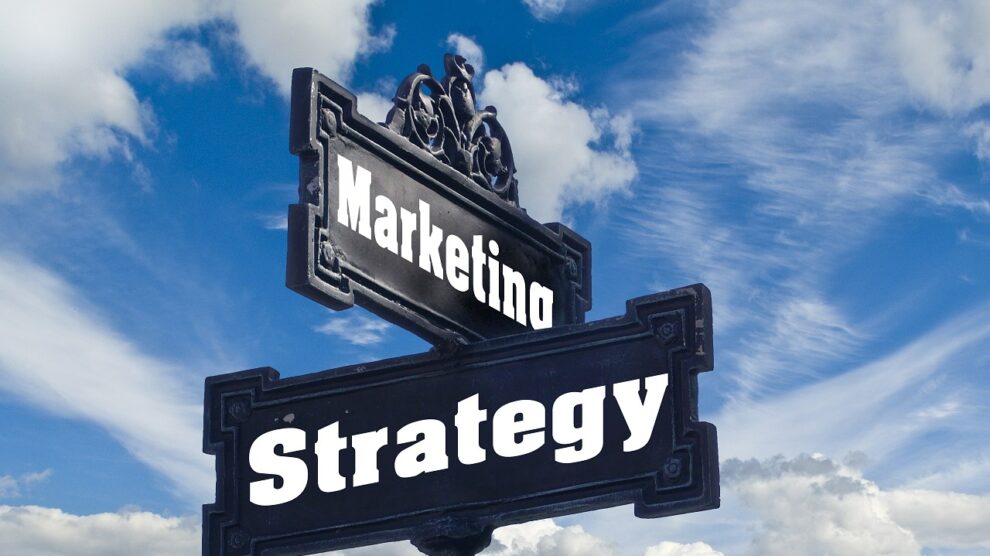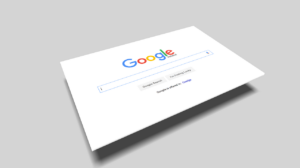We live in a day and age where digital marketing is the key to a business’s success. To stay on top of current trends and changing customer expectations, you need to be able to utilize marketing strategies that might not have existed ten years ago. You also need to have extensive knowledge of marketing trends that can help your business march boldly into the future rather than simply keep up with it.
Two buzzwords that get tossed around a lot when strategizing new marketing campaigns are omnichannel and multi-channel marketing. Understanding the differences between these two is key to figuring out what works best for you and your business.
Here, we’ll review everything you need to know about omnichannel and multi-channel marketing strategies and how to choose the right one for your business.
Multi-channel Marketing
Multi-channel marketing could be considered a more old-school style of marketing. In this marketing strategy, you target ads using multiple different channels to get your message heard. For instance, if you ran an ad campaign that stretched from TV to print to radio, that would be considered a multi-channel marketing campaign.
By utilizing different channels, you are employing an individualistic marketing strategy. Your content might overlap, but each channel you target is meant to pull customers in from that specific channel. This means that your targeted campaign on TV will draw in customers who frequently watch TV and find your product or service thanks to your specific TV advertisement. The same is true for the radio, print, or any other channel where you might have placed an ad.
Simply put, multi-channel marketing is an individual campaign where none of the channels you’re targeting work together for an overarching campaign.
Omnichannel Marketing
The distinction between multi-channel and omnichannel marketing may become confusing or convoluted because they both target several mediums at the same time. A multi-channel campaign might simultaneously target TV, radio, and print, but you will likely see omnichannel marketing strategies do the same.
The difference is in the individual aspect of multi-channeling. While multi-channel marketing strategies can stand independently, omnichannel marketing is a complete customer experience shared throughout platforms. That is to say that an omnichannel campaign will remain consistent through all forms of media, no matter where the advertisements appear.
This important distinction allows customers to seamlessly experience the product through different mediums while gaining awareness of a brand or business. It also allows brands to stay consistent through a marketing campaign once they find an advertising campaign that meets their needs.
Differences
We can distinguish apparent differences by defining each type of strategy, but those are primarily technical. The real difference between omnichannel and multi-channel marketing comes from a philosophical perspective.
Because multi-channel marketing is geared toward the brand and the product, it is a way to showcase something that a company wants you to buy. Marketers have advertised using this strategy for decades with relative success.
However, now that technology is consistently evolving and improving, customers and their buying experience are at the forefront of marketing strategies. Customers expect personalized experiences when interacting with marketing campaigns or before clicking on an advertisement. Omnichannel marketing differs philosophically from multi-channel marketing because the customer is the focal point of the ad campaign, as opposed to the product.
Omnichannel digital marketing services allow for seamless integration between all platforms. If you see an ad on TV, you will likely see a continuation of that ad on your social media networks. The trick to this type of marketing is consistency. Customers value consistency in a brand, and maintaining a consistent message with omnichannel marketing gives you a higher chance of gaining new and retaining customers.
In essence, multi-channel marketing exposes customers to a product in hopes they will find it necessary or unique enough to buy. Conversely, omnichannel marketing immerses a customer in an experience that will ultimately lead them to purchase the product. For example, you might receive an email about a product and then log on to Twitter and see a promo code to get the product at a reduced price. Later that day, you will likely see another ad for the same product on Facebook or Instagram, ultimately leading to your interaction with the advertisement.
Multi-channel vs. Omnichannel Marketing
Both marketing techniques have advantages, but omnichannel marketing is inherently more modern. That doesn’t mean that multi-channel marketing doesn’t have a place in the marketing landscape anymore. You should still use multi-channeling marketing efforts where omnichannel techniques fall short.
Multi-channel marketing is still highly effective. The more a consumer group sees your product, the more likely they are to buy it. The more channels you put that product on, the more potential for customers to see it.
However, there is something to be said for consistency. With multi-channel marketing, there can be a disconnect between the customer and the product. This disconnect is not something you are likely to see with omnichannel marketing.
Omnichannel marketing is undoubtedly the more popular strategy in modern marketing, and for a good reason. Omnichannel marketing places a product or brand on the customer’s mind and keeps it there through repetition and constant reinforcement. The same strategy for multiple channels applies; the more channels you have your product on, the better. Where omnichannel marketing shines is through its cohesion.
For example, consider Progressive Insurance. Flo, the brand’s representative, is everywhere. And there is a narrative behind each of their campaigns. Whether you see a Progressive commercial on TV or on your Facebook feed, it is all connected. Due to their cohesive advertising strategy, you already know who Flo is and can focus on her message rather than hearing brand new information from an unknown source.
Innovative companies do this in a way that there is little repetition. You might see one part of an ad on TV and the rest on Twitter. It’s an immersive experience that keeps the customer interested and the product relevant even when your advertising campaign is finished.
The Future of Marketing
Omnichannel marketing wouldn’t exist without the advancements and innovation of multi-channel marketing. It may not always have a place at the marketing table of the future, but multi-channel marketing still paved the way for omnichannel marketing and any marketing campaigns that arise in a digital future.
Thanks to digital innovation, omnichannel marketing isn’t going anywhere any time soon. Just like everything else, it will go through evolutions, but the basic principle and philosophy should hold true for many years to come.





